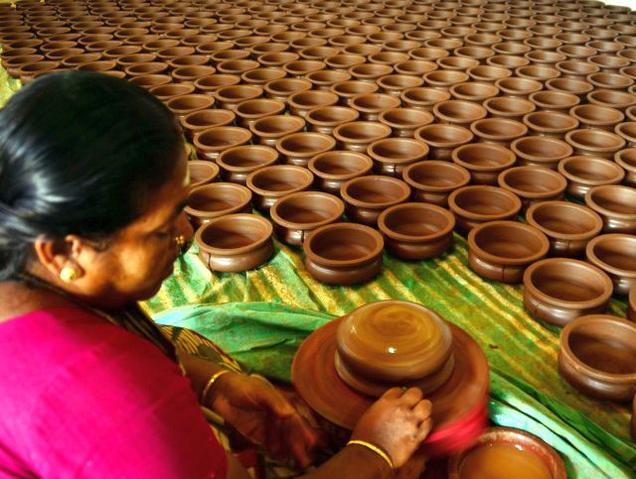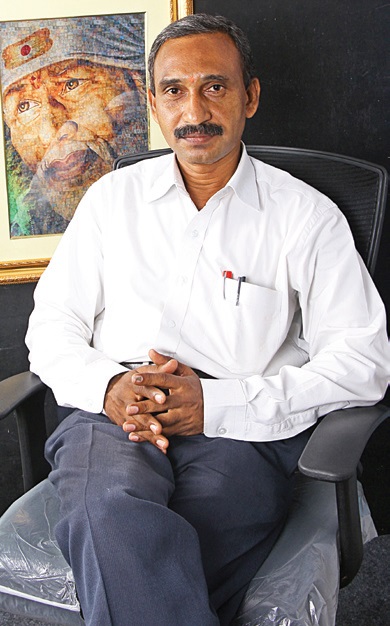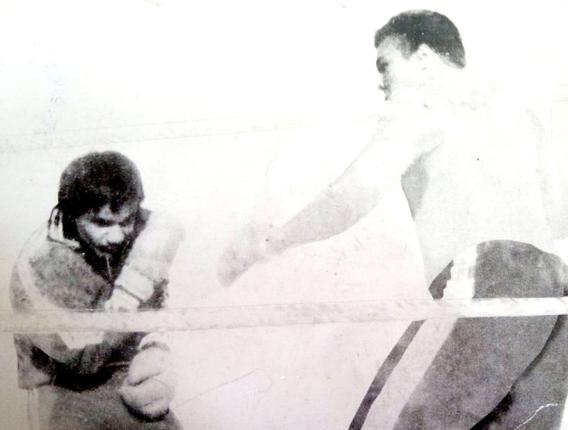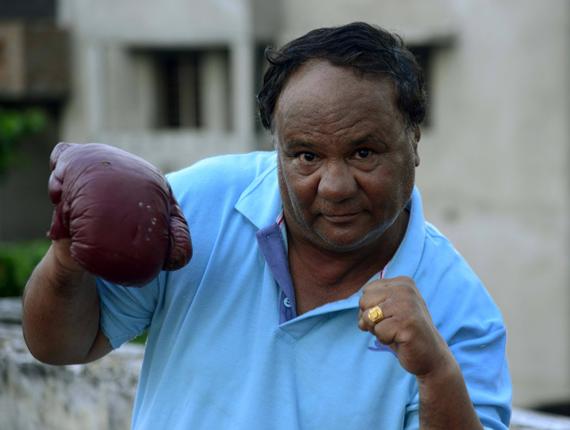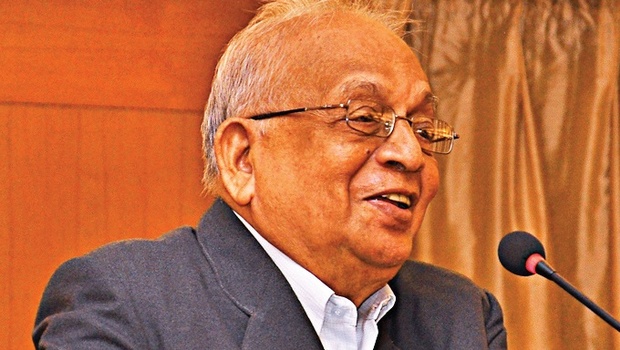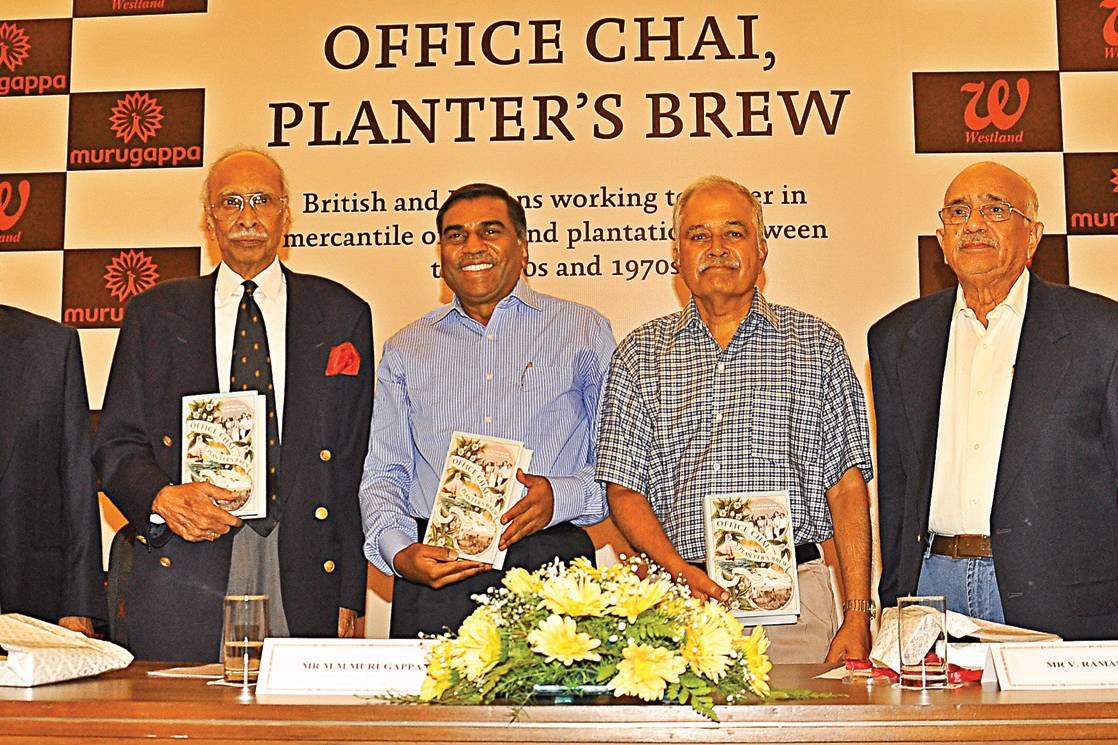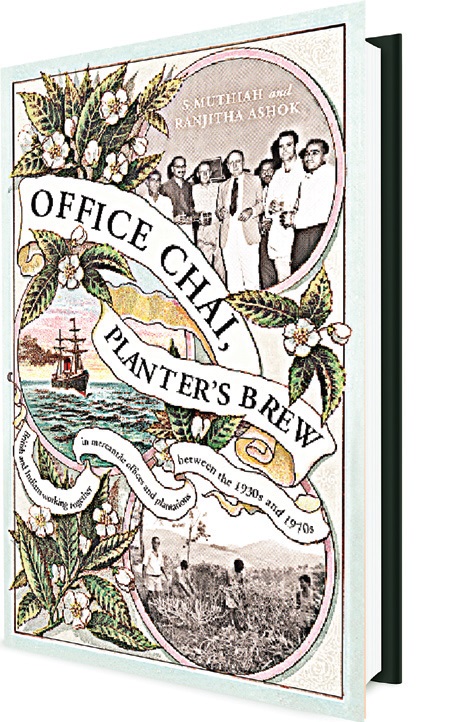Chennai :
Sensors in capsules that can wirelessly communicate data from within the body are getting smarter.
Researchers from IIT-Madras and the University of Nebraska, Lincoln (UNL) are working on an ingestible capsule that will stay put in the body – potentially for close to a week – with sensors that will take readings of an individual’s calorie intake, eventually help in diagnosis of diseases such as cancer and allow for sustained delivery of drugs.
_______________________________________
HIGHLIGHTS
- IIT-Madras and the University of Nebraska, Lincoln (UNL) are working on an ingestible capsule that will stay put in the body with sensors that will take readings of calorie intake, will help in diagnosis of diseases like cancer
. The microcapsule has a vacuum-powered ‘sucker’ surrounded by tiny needles, similar to the hooks a tapeworm uses to embed itself in the gastrointestinal tract.
________________________________________
As part of the trial, researchers are studying the effect of the capsule on pigs, that have remarkably human-like digestive systems.
The pill, in its current form, carries a sensor to read core body temperature. The microcapsule has a vacuum-powered ‘sucker’ surrounded by tiny needles, similar to the hooks a tapeworm uses to embed itself in the gastrointestinal tract.
“The capsule, made of biocompatible materials, works like a parasite by latching on to the intestinal wall,” said Benjamin Terry, assistant professor, department of mechanical and materials engineering, UNL. The attachment mechanism, he said, caused no damage to the intestine of the pig, which carried it for six days.
Terry said the big breakthrough for the research team was to ensure the body did not immediately reject the capsule, which is 25mm in length and 12mm in diameter.
“Tissues are slippery and resistant to solid mechanical structures attempting to anchor to them,” Terry said. “They also constantly contract and elongate. On an average, the device initially stayed inside only for two hours.”
The team overcame this by testing numerous types and sizes of suckers, along with the number and angle of needles surrounding them. They settled on a configuration that yielded the strongest adhesion – one that was 5mm in diameter with six needles set at 45 degrees within it. The team’s study recently appeared in the journal Biomedical Microdevices.
The sensors communicate their readings to an external device through low-intensity radio waves.
“The device is kept a metre away from the body. We use only low intensity waves that don’t harm the body,” said P V Manivannan, assistant professor in mechanical engineering, IIT-Madras.
Terry’s team is collaborating with IIT-Madras to take the device to the next step – to measure calorie intake. Manivannan’s team create the system and controls for this.
Experts say biosensors could help monitor factors that influence digestive health. Such prolonged data sources could help in diagnosis of diseases such as cancer and eventually permit the sustained delivery of pharmaceutical drugs.
Terry said the mechanism could also serve as a long-term vessel for capsule endoscopes, the ingestible pill-shaped cameras that permit physicians to record images of the gastrointestinal tract.
“One of the shortcomings of current capsule endoscopy technology is its relatively quick migration through the gastrointestinal tract,” said Terry. “Pausing at a location of interest, such as a polyp or ulcer, is desirable. Our technology will make this possible.”
source: http://www.timesofindia.indiatimes.com / The Times of India / News Home> City> Chennai / by Ekatha Ann John / TNN / June 16th, 2016

